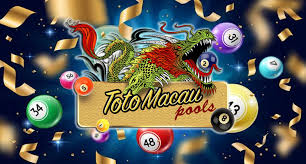Casinos, often synonymous with glamour, excitement, and the thrill of the unknown, have been captivating people for centuries. These temples of chance, where fortunes are won and lost, have become iconic symbols of leisure and extravagance around the world. From the dazzling lights of Las Vegas to the opulent resorts of Macau, the allure of the sis4d transcends borders and cultures, drawing in millions of visitors each year.
A Brief History
The history of casinos can be traced back to ancient civilizations, where gambling was a popular pastime. The Chinese are believed to have built the first gambling houses as early as 2300 BC, while the Greeks and Romans had their own versions of dice games and betting on events. However, it wasn’t until the 17th century that the concept of the modern casino began to take shape.
The Ridotto in Venice, established in 1638, is often considered the world’s first public casino. It was a government-owned gambling house that offered a controlled environment for the playing of games of chance. Over time, casinos spread across Europe, becoming hubs of social activity and extravagance among the elite.
In the 20th century, casinos experienced a renaissance with the rise of Las Vegas as the ultimate gambling destination. What started as a small desert outpost in the early 1900s transformed into a bustling city of neon lights and towering casinos by the mid-20th century. Today, Las Vegas remains synonymous with the casino experience, drawing visitors from around the globe with its lavish resorts, world-class entertainment, and round-the-clock gaming.
The Modern Casino Experience
Modern casinos are not just places to gamble; they are full-fledged entertainment complexes offering a wide range of amenities and attractions. From luxury accommodations and gourmet dining to live shows and shopping, casinos strive to provide a complete entertainment experience for their guests.


